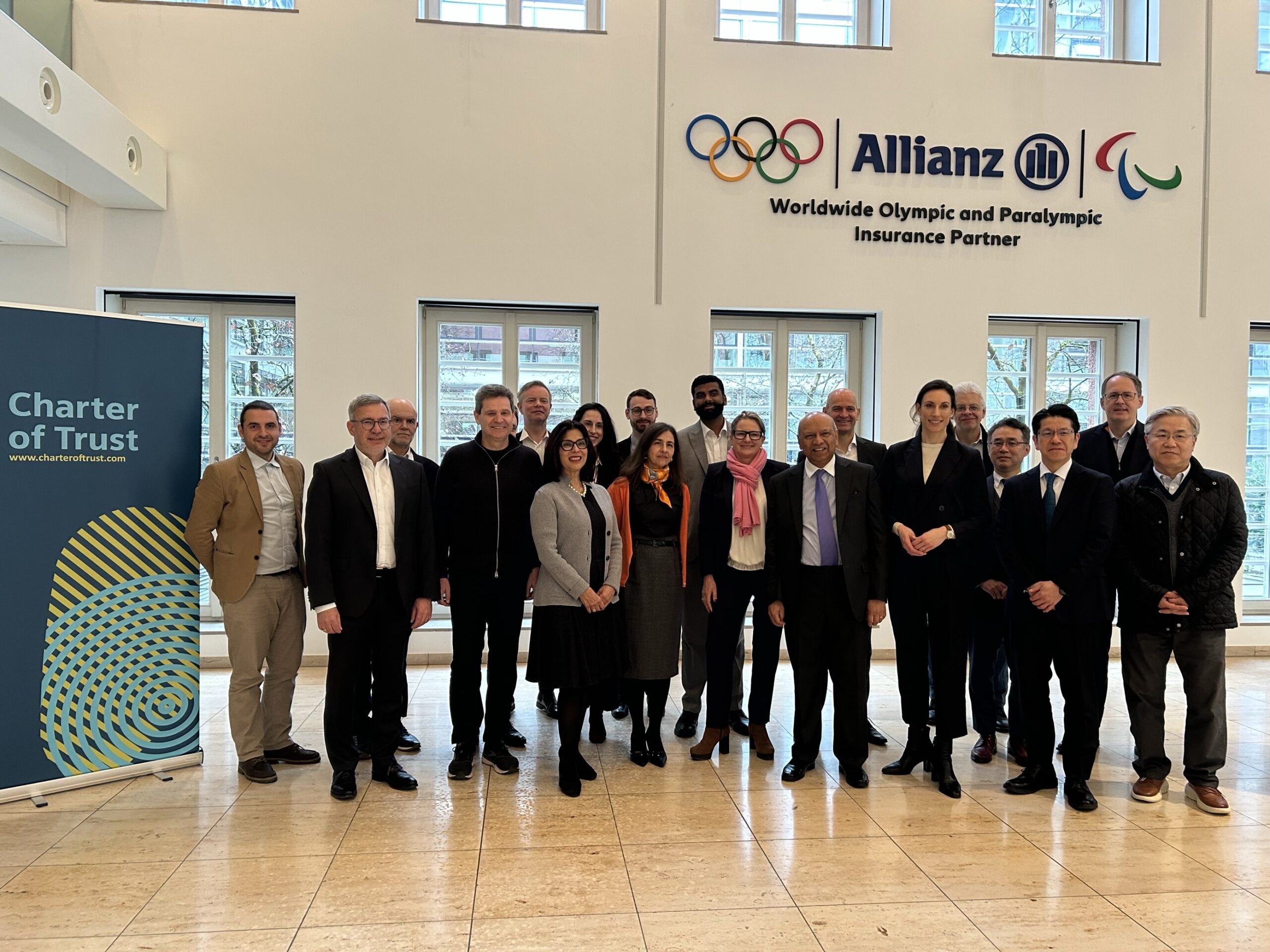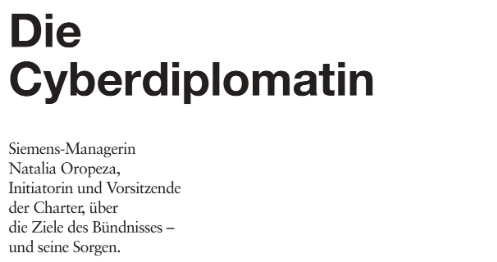Looking at the current regulatory landscape regarding cybersecurity in the Internet of Things, we see a global evolution on policies and regulation related to cybersecurity and privacy.
By Jacques Kruse Brandao, Global Head of Advocacy Digital Trust Services, SGS
Looking at the current regulatory landscape regarding cybersecurity in the Internet of Things, we see a global evolution on policies and regulation related to cybersecurity and privacy. Countries or regions like the UK, Japan, and California began to pass laws related to cybersecurity baseline requirements while referring to best practices like Security-by-Design, secure SW Updates or a minimum duration of security patches. Germany is about to propose an IT Security Law 2.0.
In parallel, several other players are in the preparation of complete frameworks like the European Cybersecurity Certification Framework or the Cyber-Physical Security Framework in Japan, besides reviewing activities related the resilience of their essential services and critical infrastructures. In the US, the Cyberspace Solarium Commission published a report that proposes a National Cybersecurity Certification and Labelling Authority.
At the virtual Charter of Trust Geneva Roadshow recently, we had the chance to learn from Swiss Federal Cyber Security Delegate Florian Schütz about Switzerland’s intension of to ensure the integrity of entire supply chains. From Dr. Raphael M. Reischuk, the Vice-President of the Cybersecurity Commission of ICT Switzerland, we learned about a proposal for a Swiss Conformity Assessment Institute. This was aimed at increasing trust in certifications and to ensure conformity, which would be a complementary step to the Charter of Trust’s Principle 2 baseline requirements for the supply chain.
Most of these initiatives on regulation are not yet completed. As the Charter of Trust, we are ready to add value with our industry perspectives on secure supply chains, and to further discuss the importance of harmonized cybersecurity requirements. In order to build trust in a hyper-connected world, we may also need to think about the importance of efficient and independently verifiable Security by Design. This would strengthen the ability of suppliers to continue offering compliant products and services in the future.


You may also like

Charter of Trust Board of Directors Meeting 2025
Under the leadership of Chairwoman Natalia Oropeza, the Charter of Trust has strengthened its internal structure, successfully integrating new Partners and Associated Partners while enhancing collaboration through four dedicated working groups. Externally, the alliance has made a significant impact, engaging global audiences through media, conferences, panel discussions, and key industry events.
Looking ahead to 2025, the Charter of Trust enters a new chapter with a co-chair leadership model. Dr. Sumit Chanda, Global CISO at Eviden, and Ralf Schneider, Head of Cybersecurity at Allianz, will take the helm, bringing a dynamic vision focused on building resilient ecosystems, harmonizing frameworks, and advancing cybersecurity education.
A special thank you to Benedikt Franke, Vice-Chairman & CEO of the Munich Security Conference (MSC), for his insightful keynote on the evolving cyber threat landscape and the vital role the Charter of Trust plays in shaping global cybersecurity solutions.
With a bold vision for 2025, the Charter of Trust continues to drive innovation, collaboration, and trust in the digital world.


Chairwoman Natalia Oropeza in Brandeins Magazine
In an interview with Dorit Kowitz, Natalia dives deep into the pressing issues facing the cybersecurity landscape, explaining how the Charter of Trust bundles the expertise of different businesses across several regions to stay resilient in the face of evolving threats. As Natalia Oropeza says: "We all win if cybercrime doesn’t win."
Here are three key insights from her interview:
🔑 Collaboration is essential: No single organization can tackle cyber threats alone. The Charter of Trust is a prime example that businesses nowadays are more transparent when it comes to attacks and that sharing information in this field can be beneficial.
🔑 Addressing the digital skills gap: The Charter of Trust is working to address the global shortage of cybersecurity professionals by encouraging diversity and actively promoting opportunities for women to join the field.
🔑 Unified regulations: Harmonizing global cybersecurity standards will reduce vulnerabilities, helping businesses and governments combat threats more effectively.
The full interview is available here: https://lnkd.in/gRm6ZDGC


Cybersecurity Awareness Month
The complexity and urgency of this topic gathered a lot of interest, with 600+ attendees throughout the whole panel, which was composed of Jon-Paul Jones, COO at AZ Commercial, Firas Ben Hassan, GenAI expert & Manager of AllianzGPT at AZ Technology, Dr. Martin J. Krämer, External Security Awareness Advocate at KnowBe4, and Dr Sumit Chanda, Global CISO at Eviden & Chair of the Global External Engagement Working Group at the Charter of Trust.
We are pleased to see Dr. Sumit Chanda from Eviden bringing in his unique CISO insight on what these emerging technologies mean in day-to-day cybersecurity practices and bringing in the Charter of Trust perspective on this topic as well.
Thank you, Ervin Cihan and Haydn Griffiths for inviting other CoT Partners and for the great initiatives that Allianz is putting together within this year’s Security Awareness Month. And special thanks to Heather Armond for the great moderation.



